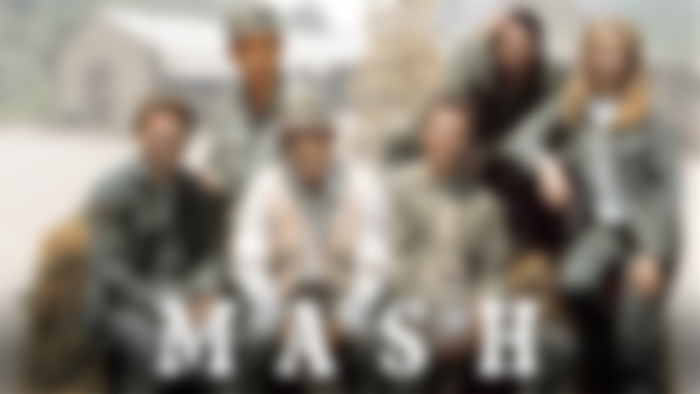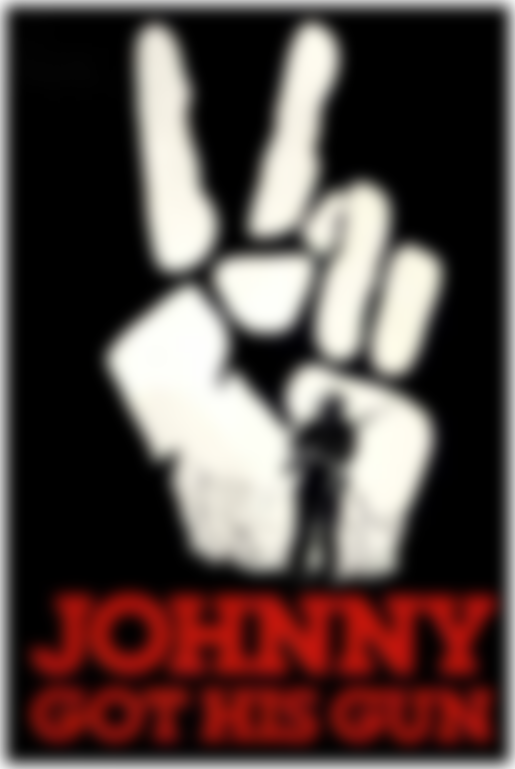Our story begins with a kid, enthralled by the magical worlds and characters of fantasy novels.
Fablehaven by Brandon Mull is one of my first memorable reading experiences, and it explored themes of trust and betrayal.
I remember vividly the arguments held between mortal caretakers and various creatures from small fairies and nypsies up to giants and demons. Even the creatures seen as evil usually have their own motives which can almost seem reasonable. The immortal lives of demons and fairies are so immense and powerful that they often see the humans as pawns to be moved around on a board.
Centuries before the events of the books, several dragons had discovered that they could permanently take on mortal form and, in doing so, change their relationship with magic. The first wizards were born, and these people helped the population to stop demons and other powerful creatures from destroying human civilization.
The extraordinary creatures in this world are forced to sign treaties with different sanctuaries for isolation from the rest of the world following its takeover by the human race. Another theme explored heavily, therefor, is whom, exactly, has the right to claim the land of our planet.
The Hunger Games trilogy had several extremely impactful moments. "Hanging Tree" – a song that Katniss, the protagonist, sings repeatedly in the series – still gives me chills; I imagine the man hanging in a tree, calling for his lover to join him in death and leave the cruel world.
Are you, are you coming to the tree?
Where I told you to run
So we’d both be free
Strange things did happen here
No stranger would it be
If we met at midnight in the hanging treeAre you, are you coming to the tree?
Wear a necklace of hope
Side by side with me
Strange things did happen here
No stranger would it be
If we met at midnight in the hanging tree
Near the end of the final book, Mockingjay, Katniss' sister, Primrose, has become a nurse. She's working on the front-lines of what is basically a rebel insurrection and helping the wounded, when an aircraft appears and drops a bomb on the makeshift camp. The obvious assumption is that The Capital dropped the bomb, but astute readers may have seen that it would've little tactical purpose.
Katniss confronts the antagonist of the series, President Snow, in an incredibly tense scene. He is a little unhinged, but he reveals to her that the senseless deaths of her sister and others at the camp would be used to legitimize the newly forming power structures in the absence of him. When Alma Coin, the leader of the rebel movement from District 13, brings up a vote to continue the Hunger Games with children of citizens of the Capital, it becomes clear that her opposition to the Capital wasn't borne of morals, but from a hunger of power.
The frightening thing is how she was able to convince many of the people who had gone through the horrors of the Hunger Games to agree to her proposition. They could've seized power and continued the dystopian horrors right out of the revolution which overthrew the old tyrants, all the while thinking they were doing the right thing.

My family has always watched some older TV shows which ended before my generation existed. One such show centers around a Mobile Army Surgical Hospital – can you guess?
M*A*S*H
This show is incredibly fun to watch, because it takes a combination of comedy and drama. Where do I begin to explain? I guess we could look at a couple of characters.
Hawkeye Pierce, an army doctor as portrayed by Alan Alda, is wise-cracking and a joy almost everytime he's on screen. When it's time to help the kids whose lives were stolen, he shows great empathy and care. Hawkeye rants about injustices, the fact that he will stitch a young boy's chest and splint his knee, so he can go back out and get shot in the head. Putting his money where his mouth is, he has at times even opted to try to help people escape the military.
He also maintains a still in his room with friend and fellow doctor Trapper John (John McIntyre), whose bunk is filled, upon his departure from the show beginning with Season 4, by BJ Hunnicutt (Mike Farrell).
Maxwell Q. Klinger, played by Jamie Farr, begins a cross-dressing trickster basically trying to take advantage of the military's homophobia and mental health stigmas to get out of the military. I love that it rarely ever feels as though he's being demeaned, and by the end of the show, Klinger actually seems to just take pride in dressing differently.
Walter "Radar" O'Reily (Gary Burghoff) is a corporal drafted from his Iowa hometown.

In this one episode from Season 8, Radar has finally been sent home, and he had an opportunity to meet BJ's family – his wife, and his daughter with whom BJ has never spoken. The letter that Radar sends back inflames BJ's sense of loneliness, loss and powerlessness.
[Radar has met BJ's family in San Francisco]
B.J. : First time my little girl ever called anybody "Daddy"...
[sobs]
B.J. : and it wasn't *me*.
Hawkeye : Look, it could have been anyone in a uniform.
B.J. : I know. I can see him standing there, holding her hand, laughing. I see Peg smiling... wearing that perfume she wears. I can see him giving Erin the present I sent for her. Touching her hair. Getting the hug I should have gotten. Radar's home, Hawk, I should be glad for him. But I'm not! I so torn up with envy, I almost hate him! And I feel the same way about Trapper and I never even met him. But, he built that still with you and he's home, too.
Hawkeye : You'll go home. One day, we'll all go home.
B.J. : I've been gone so long, Hawkeye. A lifetime. Erin's lifetime. Even if I go home tomorrow, I'll never get that back.

A couple of years back now, I read a book called Johnny Got His Gun. It's told from the perspective of Joe, a man who has been drafted away from his family, from his lover, from his home, to go kill people in some foreign country.
After getting over some initial confusion in the beginning chapters, the narrator begins to remember some things about his life. He knows something bad happened, that he's been injured. Through the first act of the book, he learns from experimentation and occasional moments of clarity and sensation that he has lost limbs and much of his face, including his eyes, ears, nose, teeth, and tongue. A shrapnel blast had blown him to pieces, but he was still alive – a prisoner in his own body.
Joe tries to commit suicide by asphyxiation, but he finds that he had no way to control or remove his tracheotomy. As he frantically takes the mere minutes he gets during feeding and nursing times to try to communicate with his carers, Joe hardens to his predicament and decides he wants to be put in a glass case on display. He wants to be rolled around, flown around, taken to every school in the world. He wants every man, woman, and child to see the horror that war made of his body, so they might never make the mistake he did.
Joe is allowed sweet victory at last in communication. His morse-code tapping grabs the attention of a nurse, and though they first try to calm him with drugs, another nurse eventually comes who is able to recognize his attempts to communicate. After months of attempts, he finally gets to communicate with back-and-forth morse-code tapping through an interpeter.
In a tragic and cruel twist, Joe is told firmly that what he wants cannot be done. He realizes that if people were only allowed to see the true horror of battle, free of all the glory and idealism... if people could see this raw, awful destruction of life, they would, perhaps, no longer be such useful soldiers. His idea is against regulations.
Of course a lot of guys were ashamed. Somebody said let's go out and fight for liberty and so they went out and got killed without ever once thinking of liberty. And what kind of liberty were they fighting for anyway? How much liberty and whose kind of liberty? Were they fighting for the liberty of eating free ice cream cones all their lives or for the liberty of robbing anybody they pleased whenever they wanted to or what?
You tell a man he can't rob and you take away some of his liberty. You've got to. What the hell does liberty mean anyhow? It's a word like house or table or any other word. Only it's a special kind of word. A guy says house and he can point to a house to prove it.
But a guy says come on let's fight for liberty and he can't show you liberty. He can't prove the thing he's talking about so how in the hell can he be telling you to fight for it? No sir anybody who went out and got into the front line trenches to fight for liberty was a goddamn fool and the guy who got him there was a liar.
Subscribe to me @lucas to catch future articles like this one!



Such a great overview. I never read "Fablehaven" or heard of "Johnny Got His Gun" but see if I can find it overhere. I remember M.A.S.H very well. I believe even saw it twice. 👍